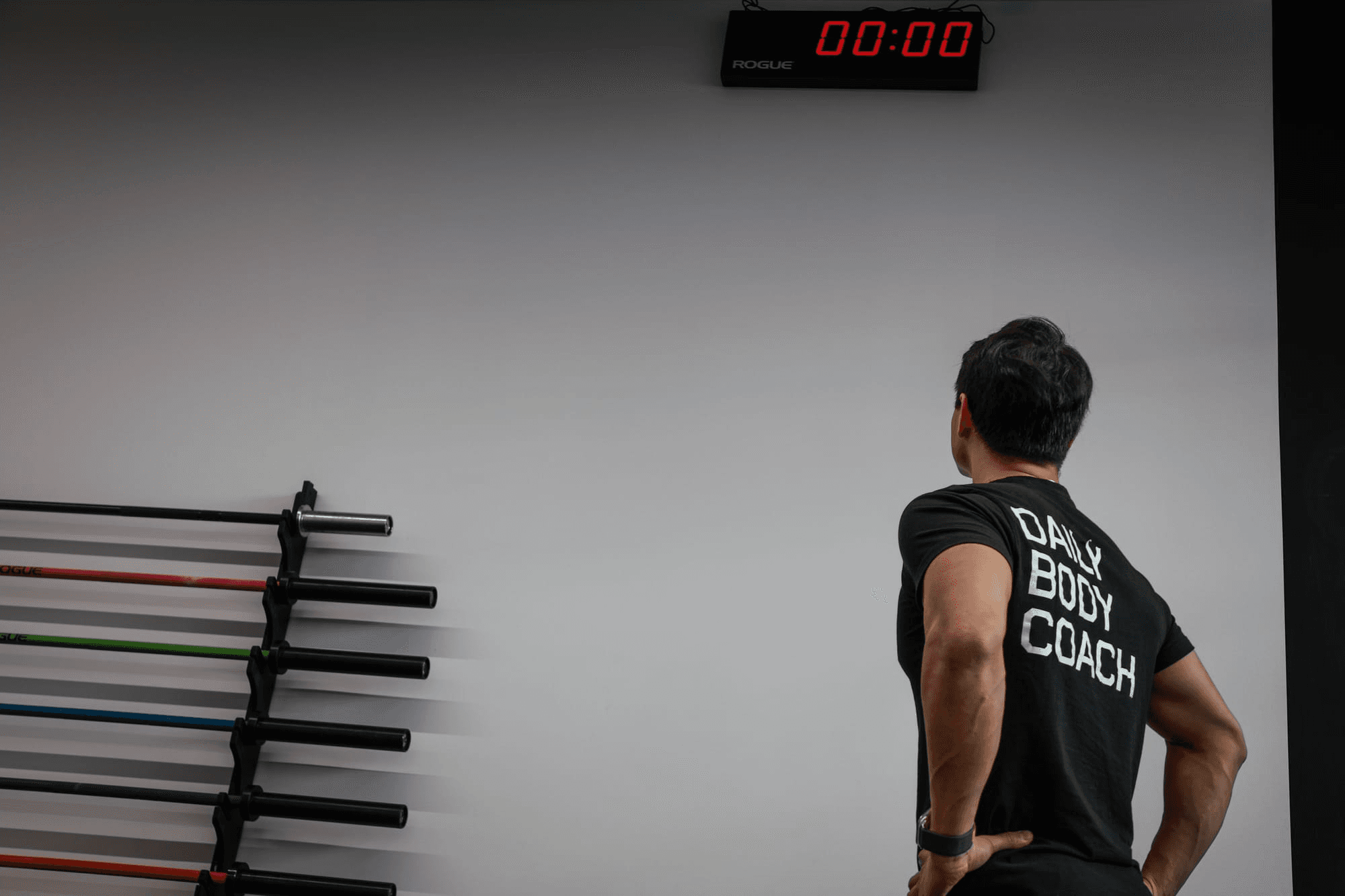3
min read
The knee is the most common joint that people experience discomfort or have incurred an injury - whether that be from wear, sports or exercising.
A good workout plan will incorporate injury prevention strategies - here are 5 tips will help you keep your knees strong and healthy:
1. Muscle Strengthening:
Your leg muscles - quadriceps, hamstrings and calves play a fundamental role in stabilizing the knee.
This makes it important to build muscle around the area. Incorporate exercises such as:
2. Flexibility:
Excessive muscle or tendon tension limits your joint's ability to move - making flexibility of the muscles and tendons around the knee incredibly important.
Being stiff around the knee will cause other body parts to compensate for it which will lead to imbalances in your body posture. We don’t want these negative effects to compound over time.
In your workout plans make sure to:
• Incorporate dynamic stretching before exercise
• Incorporate static stretching after exercise
• If you need additional help, consider physical therapy in the form of a myofascial
release
3. Leveraging Appropriate Training to Your Goals
It’s important to understand your objective - whether that be to have healthy knees as you age or reduce the risk of injury when running, skiing or performing other sports.
For general healthy knees - perform dynamic exercises like LUNGES and BOX GLUTE BRIDGE
For running - perform unilateral movements such as LUNGES, extensive plyometrics (HIGH SKIPPING and SQUAT JUMP) and core stabilizing exercises such as CROSSBODY DEADBUGS and
For skiing - perform COSSACK SQUAT and SKATER JUMP
4. Warm Up Properly
It’s important to warm up properly before exercising to reduce the risk of injury and prepare our bodies for what is to come - we recommend following the RAMP model.
R - Raise: Increase your body temperature with light cardio
A - Activate: Activate muscles in preparation for the session ahead. If you’re doing squats, then consider Banded side steps.
M - Mobilize: Focus on warming up the relevant movement pattern coming up in the session. If you’re doing Bench Press, then consider Shoulder Cars
P - Potentiation: Gradually increase the stress on the body in preparation for the session. If you’re deadlifting, then consider performing broad jumps
5. Wear The Right Equipment
Wearing suitable footwear that provides support and shock absorption can significantly reduce the impact on the knee joints.
If you’re planning on lifting weights, ensure that you have a flat sole shoe - such as the Nike Metcon, Reebok Nano or RAD shoes. It’s common to see people use running shoes at the gym - but this should be used for running, not lifting weights as it is largely unstable.
A good workout plan should incorporate reducing the risk of injury to ensure longevity, safety and better results long-term. If you would like help with this, get in touch with our certified team.













